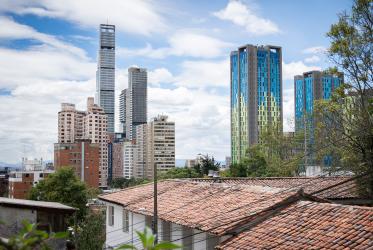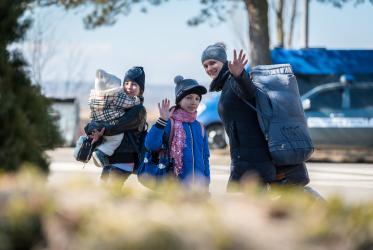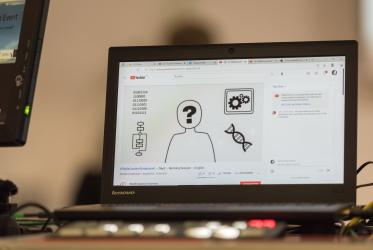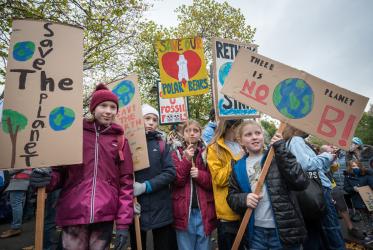Displaying 1 - 20 of 923
Ahead of Her Time Book Discussion Invitation (Hybrid)
19 April 2024
Public lecture by the WCC general secretary "A Christian Voice in a World of Conflict”
27 November 2023
Online - Zoom or Facebook @OfficialSACC
WCC invites global fellowship to join World Children's Day events
20 November 2023






